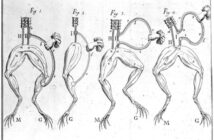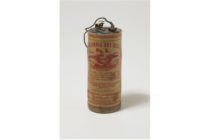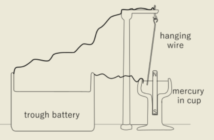Leon Cooper always adored active science. As a youngster, he set up labs in closets and basements of his different homes in New York City, testing his father’s patience. Cooper mixed different chemicals together for creating photographs, purchased from a chemical store that even sold concentrated acids to children of his age. Just like any other little mischievous boy, he showed interest in things that went ‘boom’. He still remembers one incidence when he created one little blast with an explosive mixture—”My ears even now ring at times,” he said in a recent interview.

His interest lead him to the New York City’s The Bronx High School of Science, where he involved himself in experiments at the school labs after school. One of the experiments that he did there included the new drug, penicillin; the variations made by bacteria interested him, and he grew colonies of such “resistant bacteria.” Cooper presented his findings in the 1947 Westinghouse Science Talent Search, where he was named a finalist.
He earned his PhD in 1954 from Columbia University and joined Brown University in 1958 as a faculty member. He was in his 20s when he, John Schrieffer and John Bardeen together created the theory of superconductivity, which clarifies how there can be the flow of current without resistance. The theory earned them the Nobel Prize in 1972.
Around the time he was awarded the Nobel, Cooper had realized that he could turn into a superguru of superconductivity and thus involved himself in writing technical papers. In any case that was not the work that could satisfy his creativity, so he chose to move into biology, particularly into the research of the brain. Presently, working as the director for Brain and Neural Systems at Brown University, Cooper studies the brain network and the biotic basis of memory. It’s an interdisciplinary program that permits Cooper to do some work in both philosophy and physics.
Besides the Nobel Prize, Cooper has received many honors like: the Award of Excellence, the John Jay Award, and the Comstock Prize along with many honorary degrees. He is the member of many prestigious scientific organizations, societies and executive committees like the International Neural Network Society and the university’s Center for Neural Science.
Related Article:



